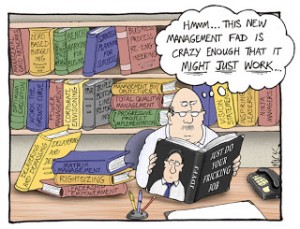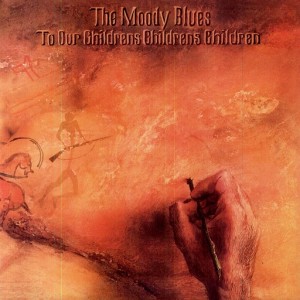
Grandparents. Besides our own parents, they are the people who love us more than anything else in this whole world. Their love is unconditional, they’re always glad to see us, and even when they’re gone, we have fond memories to recall and reflect upon.
But a recent conversation with a newly-retired neighbor revealed something rather disturbing. She hasn’t had the time to decide whether or not she liked being retired because she has been taking care of her grandchildren–maybe too much. Apparently, her children assume that now she has all the time in the world to watch their children, and although she did not come right out and say that she felt being taken advantage of, her demeanor did. Was this an isolated incident, or are many grandparents feeling this way?
A quick internet search revealed that, indeed, this trend this is a very common situation. In addition to eight million American children living in the same home as their grandparents–a 78% increase since data was compiled in the 1970’s–an analysis of 10,0000 grandparents compiled by CBS for the segment, “When Granny Becomes the Nanny,” revealed that 61% of them take care of their grandchildren on a regular basis. This goes above and beyond the casual overnights, the sharing of special venues, and the occasional visits. It is a lifestyle where the grandparents are responsible for the day-to-day care of their grandchildren.
It goes without saying that grandchildren benefit immensely when being cared for by grandparents who love and nurture them. Most grandparents (92%) responding to the survey indicated that they happily watch their grandchildren and do not expect monetary compensation for their time, or for food or gas. They indicated that simply spending time with their grandchildren is sheer pleasure. Having raised their own children, these grandparents want nothing more than to enjoy the fruits of their labor. They just want to be “grandparents.”
The problem happens when the grandparent is expected to watch the children several days a week and on weekends, and instead of simply doting on them, disciplining gets thrown into the mix. The much anticipated golden years lose their luster. And adding insult to injury is that the expectation is not rewarded with appreciation. In fact, only 13% of the grandparents surveyed felt appreciated.
My own grandchildren live in Virginia and Texas, so I’m not in a situation where their parents could take advantage of me. But a survey of my own friends, grandparents themselves, confirmed the results. One said that, although she is grateful that she was able to be available for her children and grandchildren, she felt that sometimes her children did not realize, or perhaps care, that she had her own life. Another commented that his children had the impression that he and his wife would drop everything at a moment’s notice whenever their services were needed…and their children lived more than an hour away! Still another friend, who is not yet retired, remarked that her retired friends’ phones ring a lot more often to help out with the children than does hers. More than one remarked feeling unappreciated.
Most grandparents–those in the survey and well as personal friends–agreed that being given plenty of advance notice when asked to watch the grandchildren would be extremely helpful. These grandparents also indicated that they would prefer not to be expected to watch their grandchildren all the time. However–unlike one friend who actually did tell both her daughter and daughter-in-law that, when and if they ever had babies, she would, first and foremost, be a loving grandmother, and that she did not want her relationship to be that of a Tuesday/Thursday babysitter–most of the grandparents felt as though they could not have such an open and honest conversation with their own children.
With luck, when my son-in-law completes his coursework in Quantico next spring, he will be assigned to Fort Campbell, and my daughter and her family will return to Kentucky. If and when that happens, I’ll have to remember this article so that I don’t fall into the same trap that some grandparents find themselves. My days of being a disciplinarian are over; I just want to enjoy being a Mimi.









